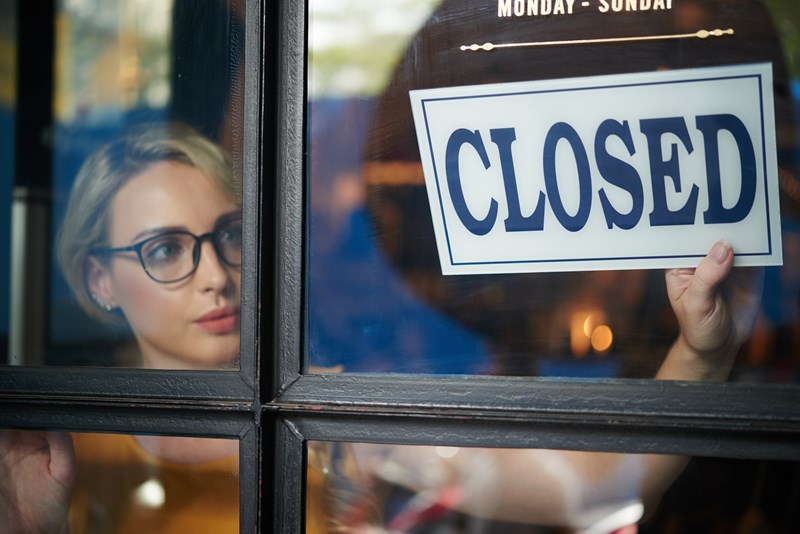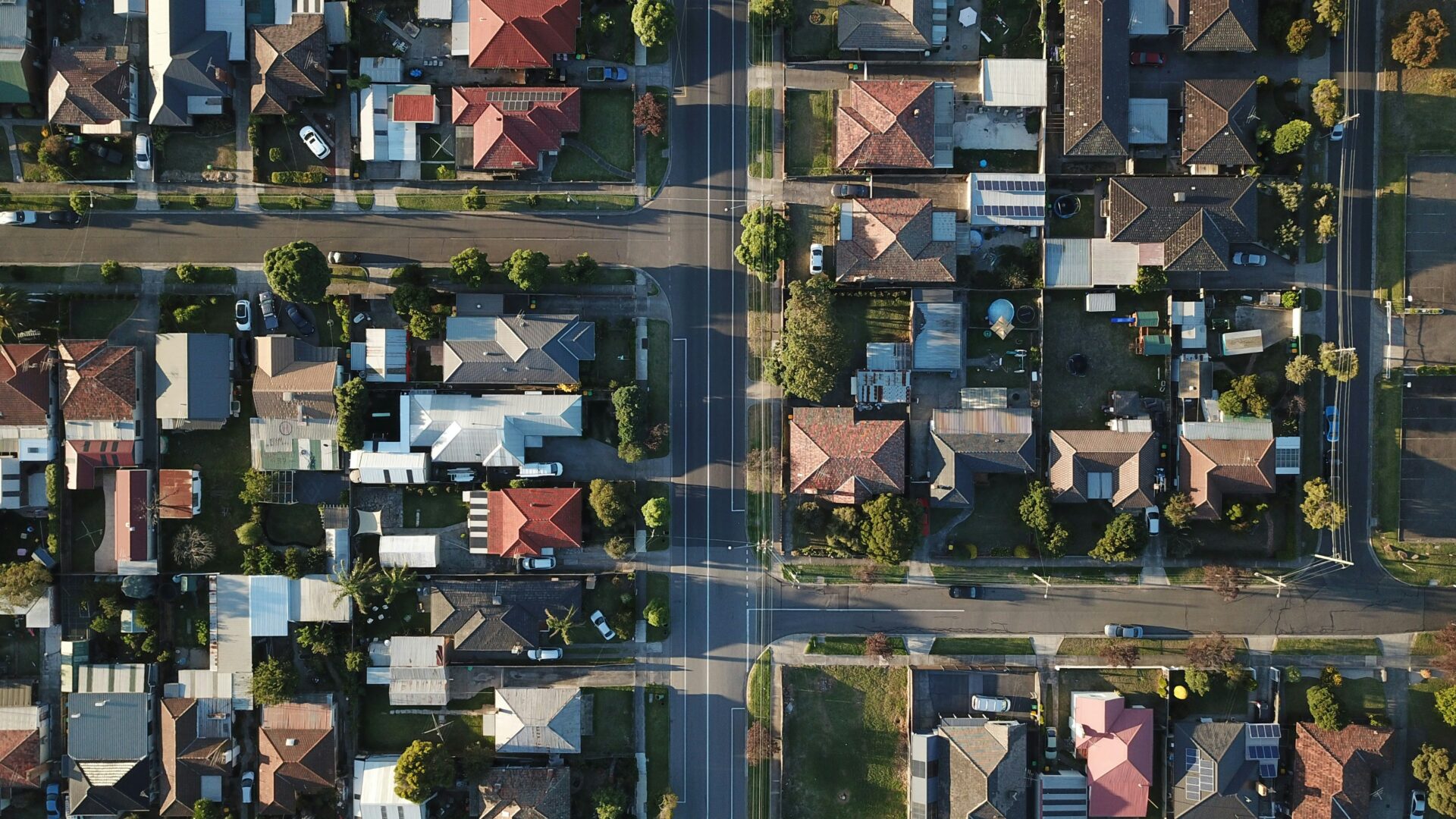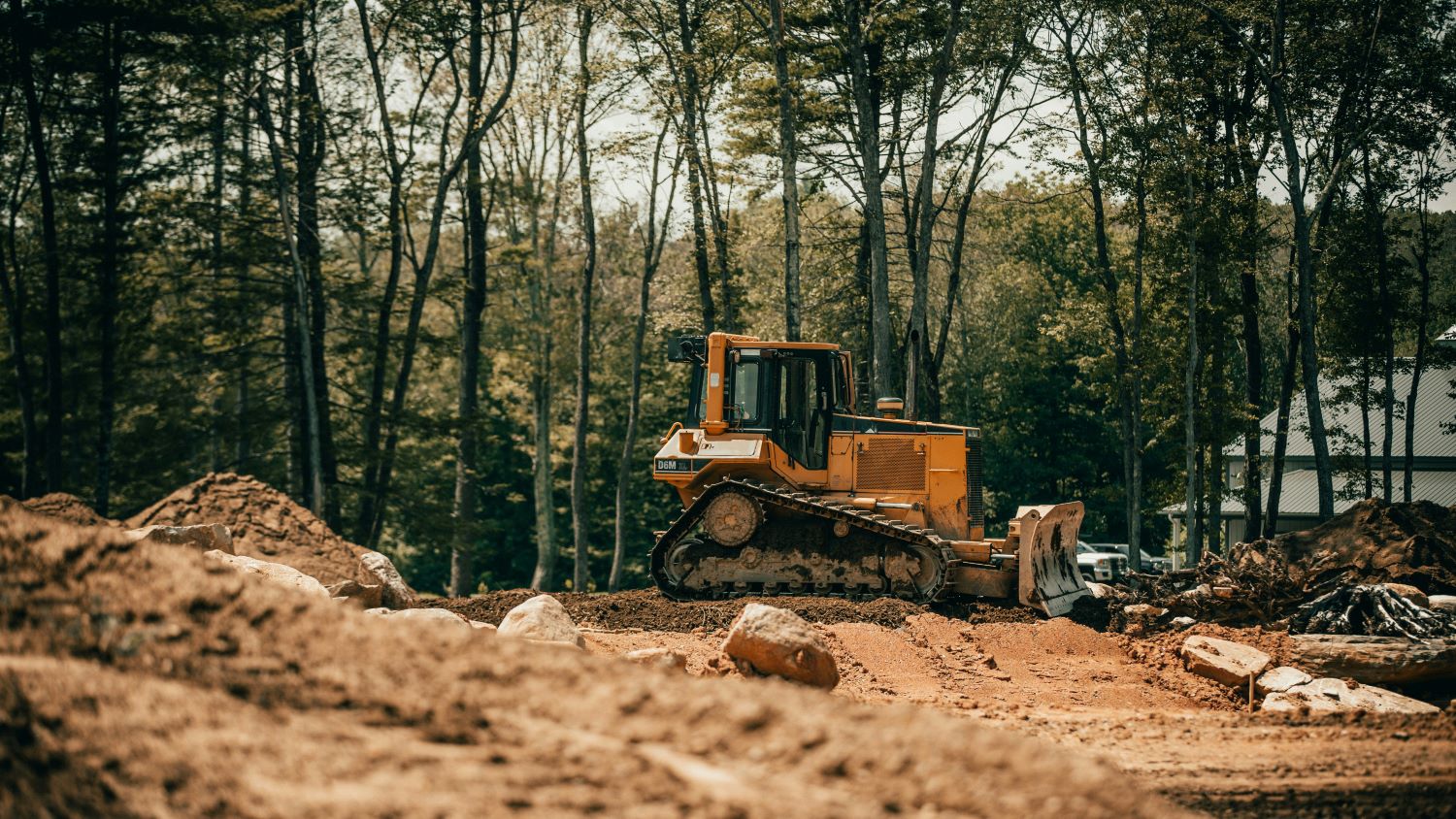We advise clients on all aspects of commercial leasing, both landlords and tenants, many of which are currently dealing with the impacts of COVID-19. A common issue for commercial tenancies is payment of rent during periods where the tenant’s business cannot operate due to alert levels. This includes:
- The tenant’s ability to pay rent (as a result of reduced income);
- Whether relief is available to the tenant through a rent abatement; and
- In turn, the flow on effects for commercial landlords who rely on rent to meet their mortgage repayments.
Even with shorter periods of lockdown, the financial impact to both landlord and tenant can be significant.
Temporary Relief when Payments are Owing
As a result of the first Level 4 lockdown in 2020, the government inserted relief provisions into the Property Law Act 2007 (PLA). These temporary relief provisions remain in effect, and provide for (among other things) more time for payment arrears to be remedied before certain enforcement powers can be exercised.
The way that these provisions operate is to extend the requisite notice periods under the PLA. By way of example, usually rent has to be in arrears for no less than 10 working days before the landlord can serve the required notice of its intention to cancel the lease. That notice must allow the tenant to remedy any defaults within a period of no less than 10 working days. However, during a COVID-19 outbreak, the rent must be in arrears for 30 working days before the landlord can serve notice of intention to cancel, and the notice must give 30 working days for defaults to be remedied.
If this delayed payment in turn affects the landlord’s ability to meet mortgage repayments, the PLA provides for relief there too. In normal circumstances, a lender/mortgagee has to give a borrower/mortgagor at least 20 working days’ notice before it can exercise its powers under the loan documents to take possession of or sell mortgaged property. During a COVID-19 outbreak, the lender must give no less than 40 working days’ notice.
If these strict notice requirements are not followed, this could prevent or invalidate any enforcement action taken and give rise to a claim for loss.
Rent Abatement
Standard commercial leasing terms provide for rent abatement in an ‘emergency’ where the tenant cannot access the premises. COVID-19 triggers these provisions, but there can be uncertainty putting them into practice. Please refer to our specific article on this rental abatement during lockdowns: UPDATE: The ADLS Lease and Epidemics.
How to Resolve Rental Issues
It is preferable for the landlord and tenant to resolve these issues by agreement, if possible. Standard commercial leasing terms provide for any disputes to be resolved by mediation (if the parties agree) or otherwise by arbitration. At Holland Beckett Law, we can assist with negotiations with your tenant or landlord, provide swift and clear advice on the proper procedure that needs to be followed and if necessary, we can guide you through the mediation or arbitration process.



